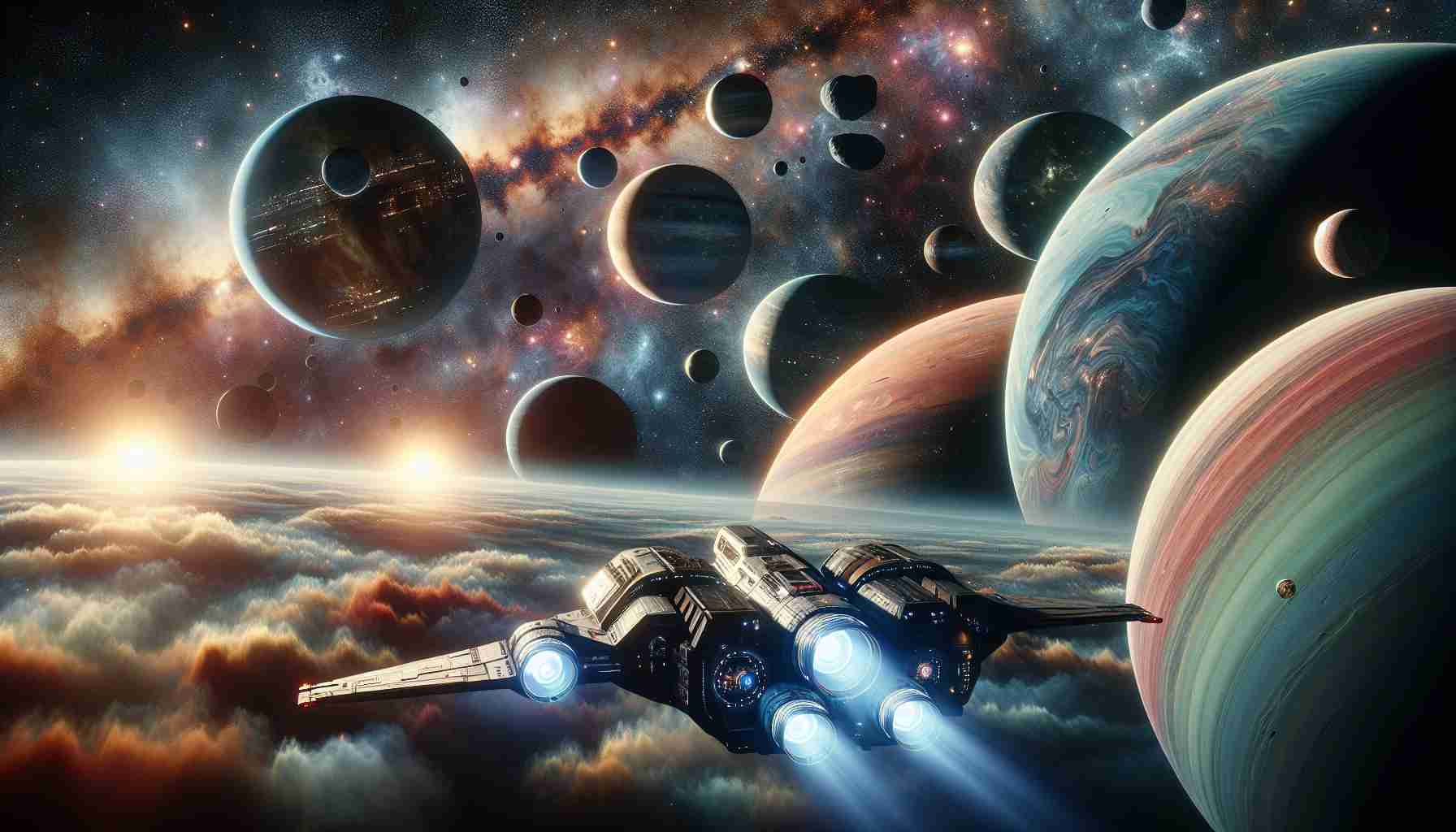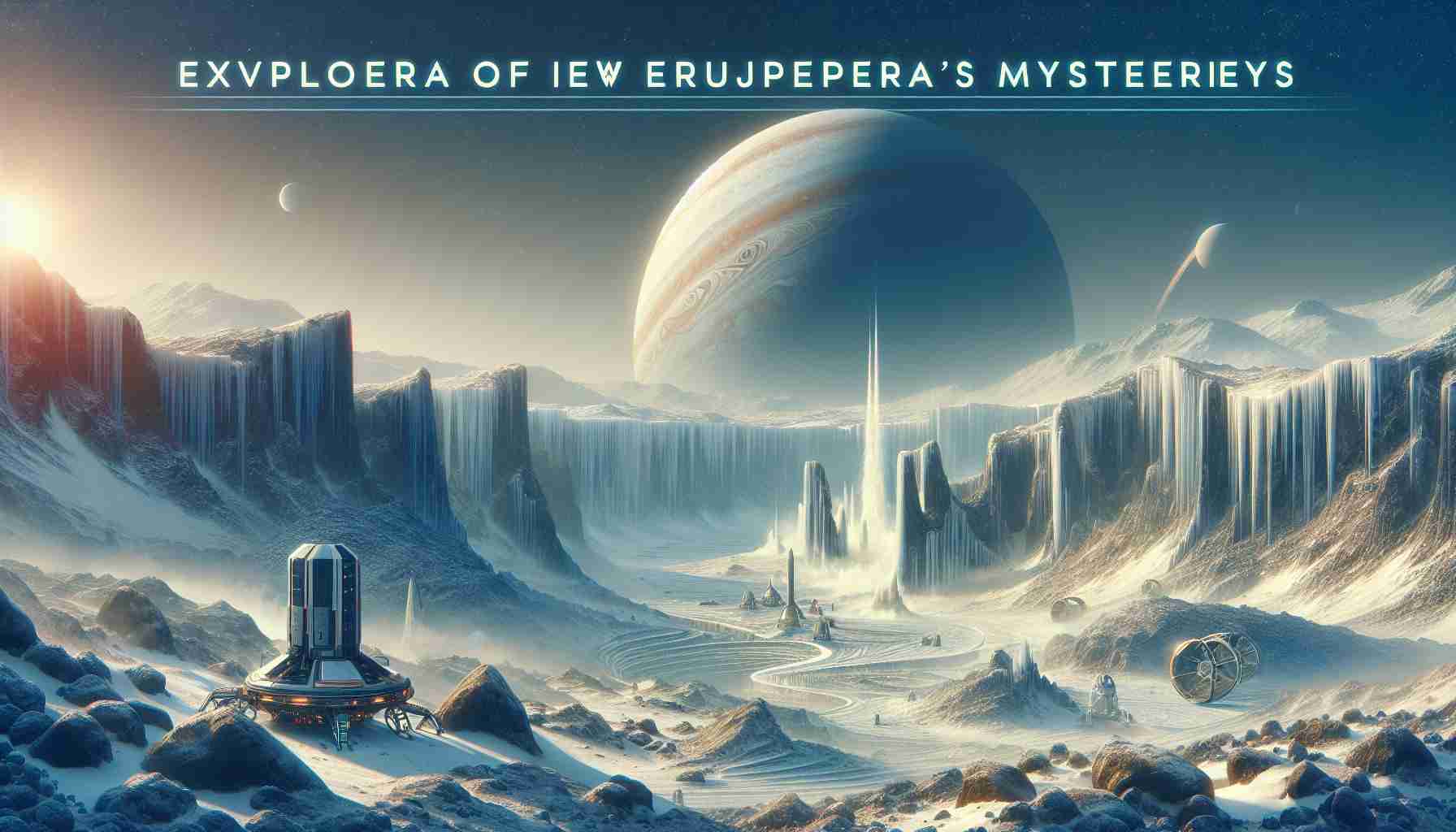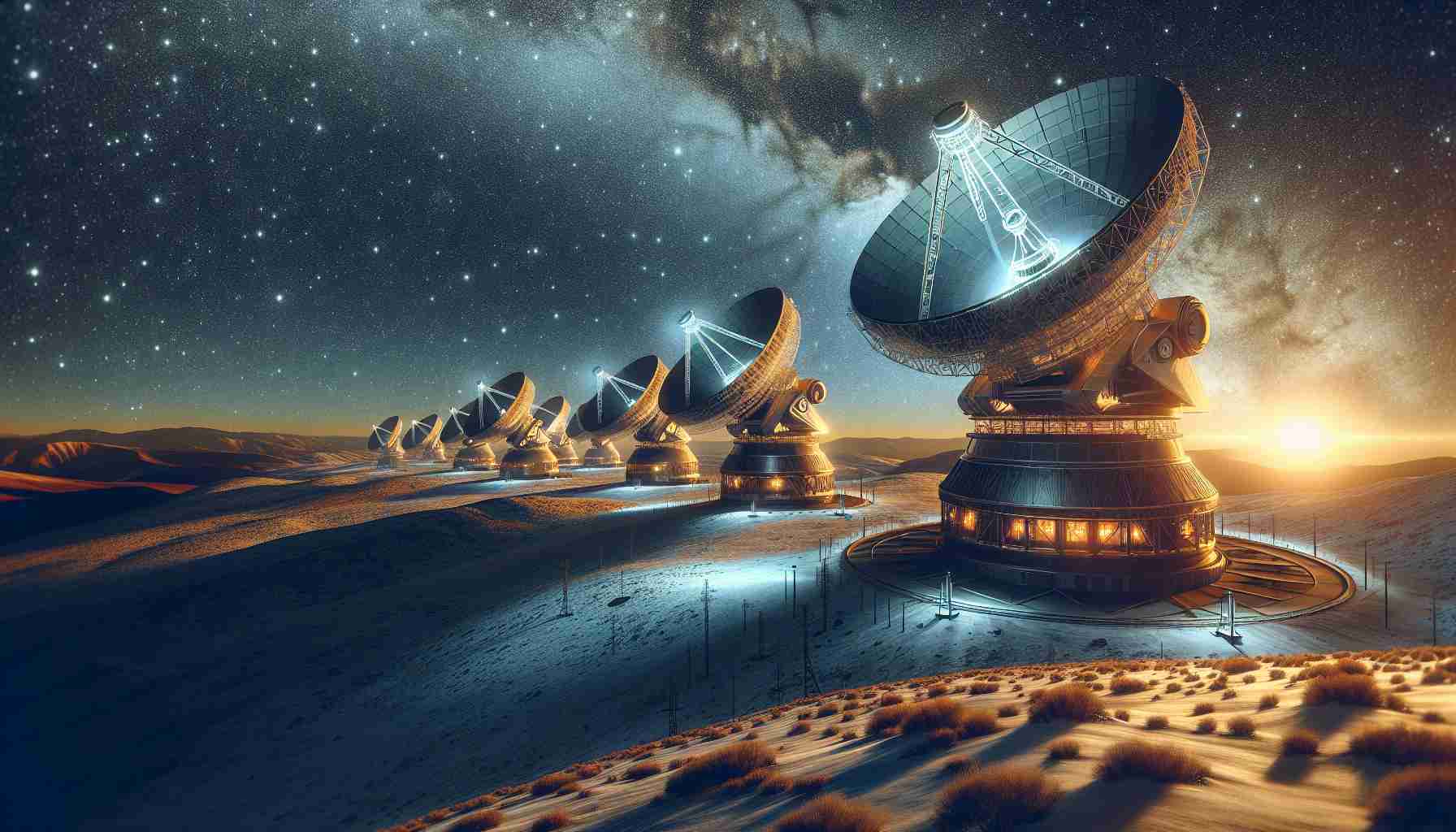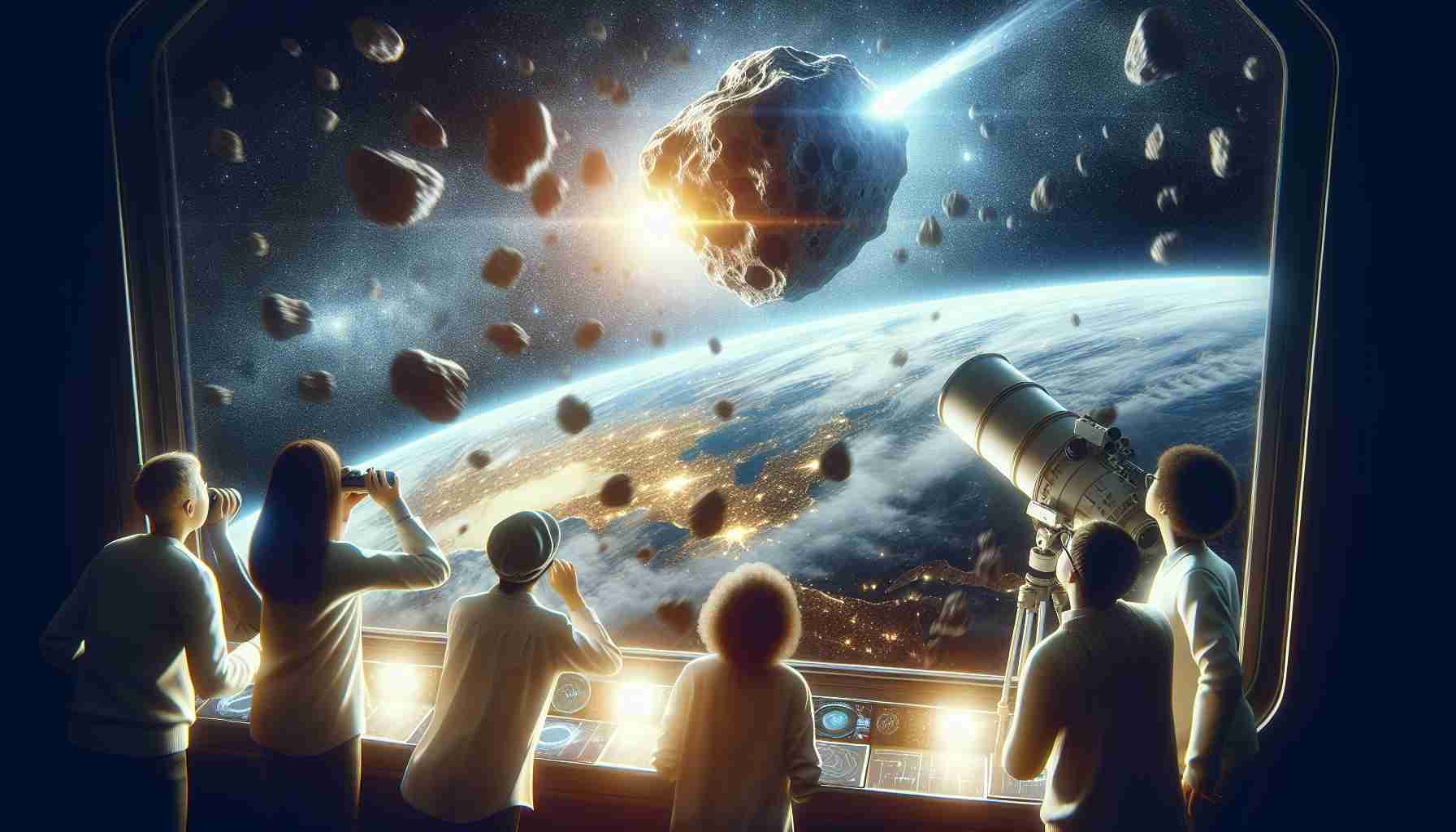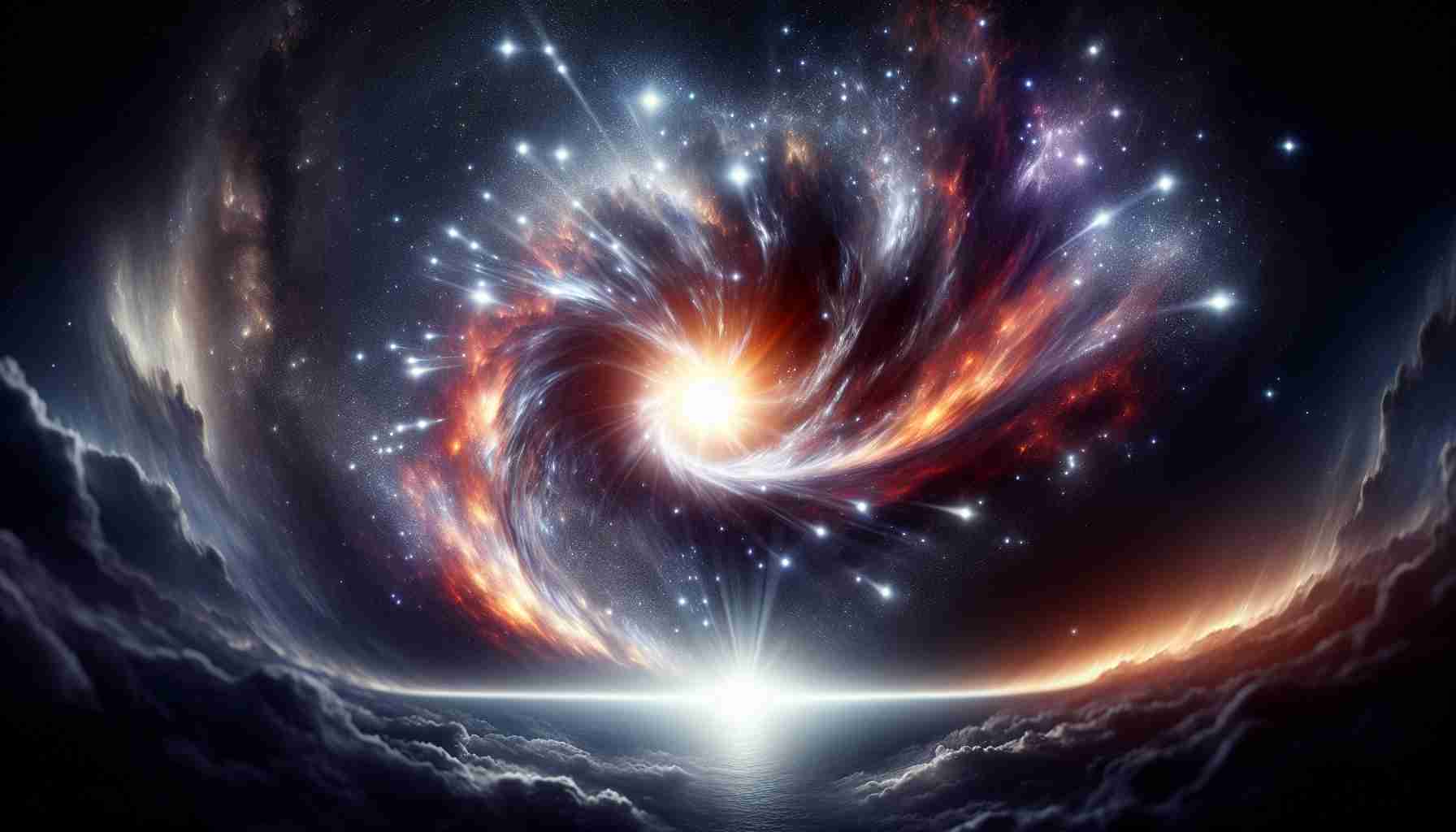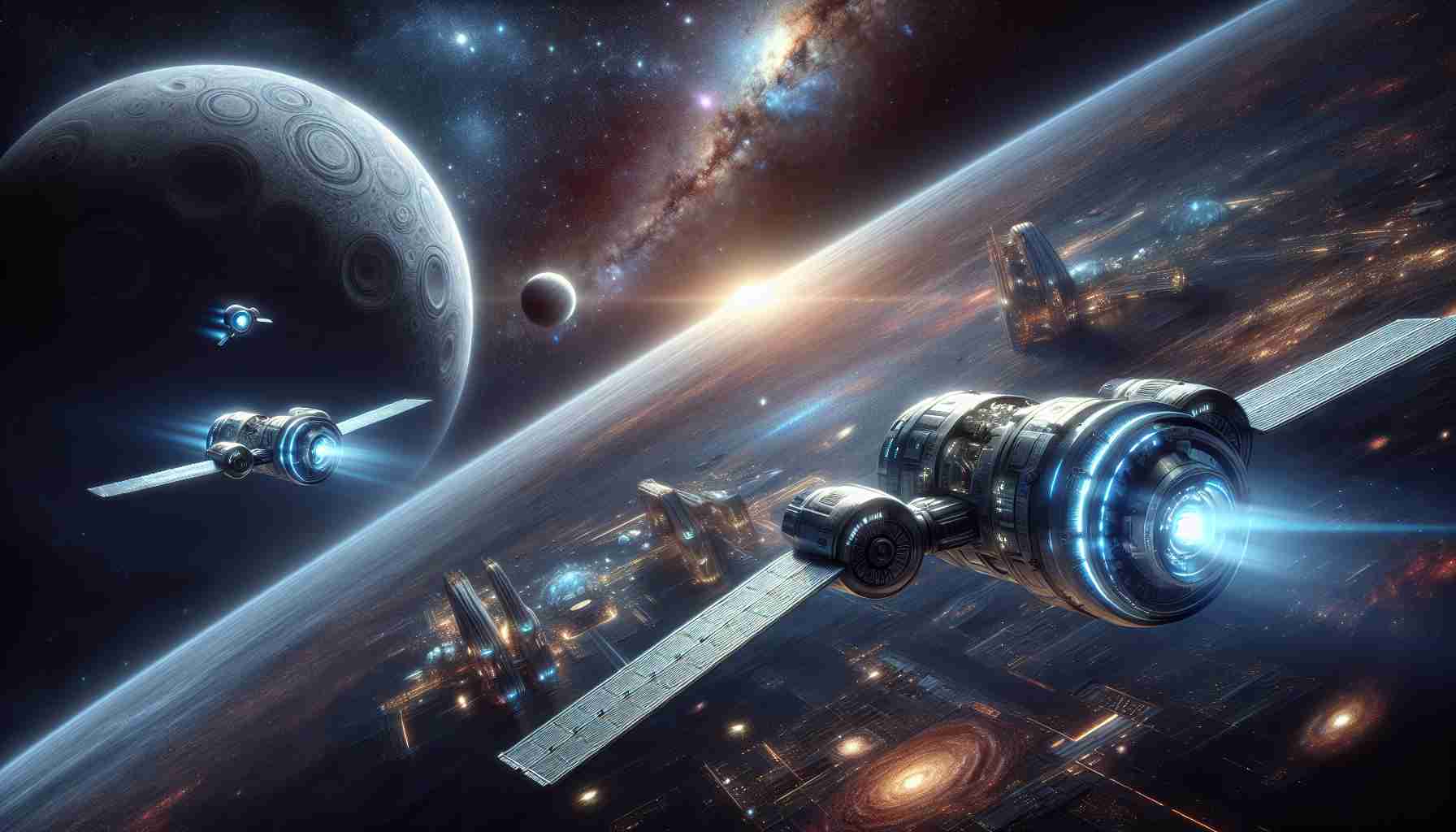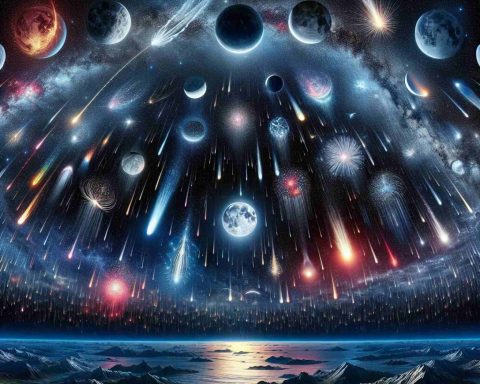Planets - Page 38
Planets are celestial bodies that orbit a star, primarily composed of various materials, and are large enough to be shaped by their own gravity. They do not produce light but reflect the light of their star. In the context of our solar system, planets are categorized into two main types: terrestrial planets, which have solid rocky surfaces (like Earth and Mars), and gas giants, which consist mostly of gases and lack a well-defined solid surface (like Jupiter and Saturn). Planets typically have a significant gravitational influence on their surroundings, which can include the ability to hold several moons and other debris in their orbit. The term can also apply to exoplanets, which are planets located outside our solar system, orbiting distant stars. The study of planets includes understanding their formation, composition, atmospheres, and potential for supporting life.




